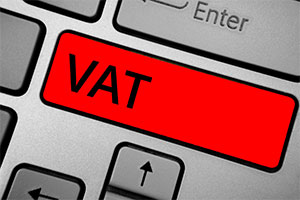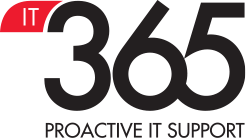 From April 2019 all VAT-registered UK businesses must adopt a new approach to accounting for the tax. The VAT records kept by your business must, from 1 April 2019, be held digitally and in a way that supports digital VAT returns.
Records supporting that VAT return, including details of invoices and expenses, must be held in a software system that complies with the prescribed new format. This is part of the HMRC’s initiative called Making Tax Digital (MTD).
From April 2019 all VAT-registered UK businesses must adopt a new approach to accounting for the tax. The VAT records kept by your business must, from 1 April 2019, be held digitally and in a way that supports digital VAT returns.
Records supporting that VAT return, including details of invoices and expenses, must be held in a software system that complies with the prescribed new format. This is part of the HMRC’s initiative called Making Tax Digital (MTD).
